| |
|
Web Version
|
| |
|
|
| |

|
| |
| |
|
|
|
Top Stories
Cytokines may prevent COVID-19 patients from producing the 'best' antibodies
High levels of some cytokines associated with COVID-19 could prevent long-term antibody responses to the SARS-CoV-2 virus, according to a new study published in Cell on August 19. The findings could explain why immunity to the novel coronavirus does not last long among individuals after they recover from the disease.
|
|
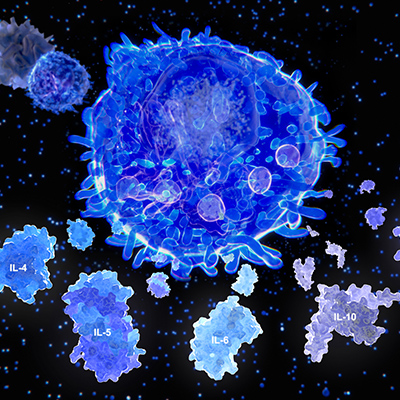
|
Genomic mutations can influence disease risk
The reason why some genetically predisposed individuals may or may not develop a disease is rooted in mutations throughout the genome, according to a new study published in Nature Communications on August 20. The researchers explained how this information can be used to improve disease risk estimations in the clinic.
|
|

|
|
Bioprocessing
Carisma, NYU Langone to develop Vpx lentiviral vector
Carisma Therapeutics has entered into a scientific research and licensing agreement with NYU Langone Health to attain exclusive rights to develop and commercialize a Vpx lentiviral vector globally for all indications.
|
|
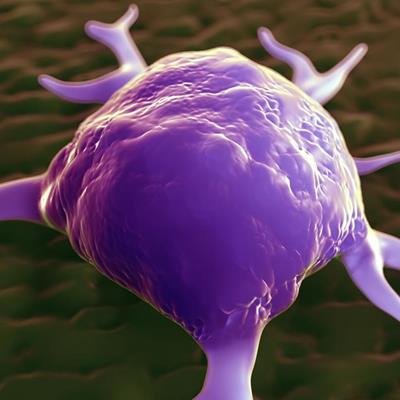
|
Fujifilm Diosynth breaks ground on biologics facility
Fujifilm Diosynth Biotechnologies, a contract development and manufacturing organization for biologics, viral vaccines, and gene therapies, held a virtual groundbreaking ceremony on August 19 for its Advanced Therapies Innovation Center construction project in Texas.
|
|

|
|
Cancer & Disease Research Sponsored by Beckman Coulter
Pharmacists issue guidance for mass COVID-19 vaccination
As society prepares for the rollout of COVID-19 vaccines, the American Society of Health-System Pharmacists has issued 10 guiding principles for development, distribution, allocation, and oversight of vaccines. The guidelines build on the organization's research and best practices expertise in pandemic preparedness, supply chain management, distribution, and clinical practice.
|
|

|
ESMO recommends use of NGS for advanced cancers
The European Society for Medical Oncology (ESMO) released its first recommendations for the use of next-generation sequencing (NGS) for patients with metastatic cancers. The guidance was published in the Annals of Oncology on August 25.
|
|

|
J&J to acquire Momenta for $6.5B
Johnson & Johnson has entered an agreement to acquire Momenta Pharmaceuticals in an all-cash transaction for approximately $6.5 billion with a tender offer to purchase all outstanding shares of Momenta for $52.50 per share.
|
|

|
|
Cell Biology
Data-sharing platform could help planning for future pandemics
In response to the global pandemic, the authors of a new paper are calling for a robust centralized platform to improve international data sharing among scientists and policymakers. The article was published on August 19 in the journal Science & Diplomacy.
|
|

|
|
Drug Discovery & Development
Will a COVID-19 vaccine really let us go 'back to normal'?
Will the arrival of a COVID-19 vaccine be enough to allow society to go "back to normal" in the near future? The answer to that question depends on a wide range of variables, such as how effective the vaccine is and how many people get vaccinated, according to an article published in the American Journal of Preventive Medicine on August 25.
|
|

|
Novavax begins phase II trial of COVID-19 vaccine
Novavax has dosed the first participants in a phase II portion of an ongoing clinical trial to investigate the immunogenicity and safety of Nvx-CoV2373, the company's SARS-CoV-2 vaccine candidate.
|
|

|
Moderna discusses supplying 80M doses of mRNA-1273 to EU
Moderna is in discussions with the European Commission to supply 80 million doses of messenger RNA (mRNA)-1273, Moderna's COVID-19 vaccine candidate, as part of the commission's goal to secure early access to safe and effective COVID-19 vaccines for Europe.
|
|
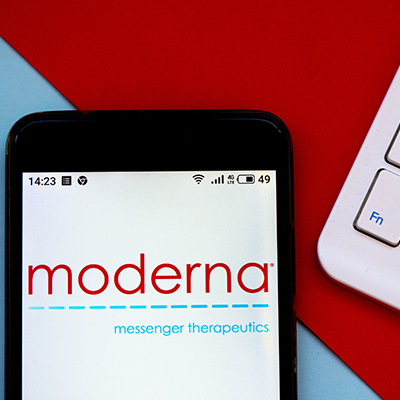
|
Regeneron, Roche increase supply of COVID-19 antibody cocktail
Regeneron Pharmaceuticals and Roche are joining forces to develop, manufacture, and distribute Regn-COV2, Regeneron's investigational antiviral antibody cocktail against COVID-19. The collaboration is expected to increase supply of the drug to 3.5 times the current capacity.
|
|
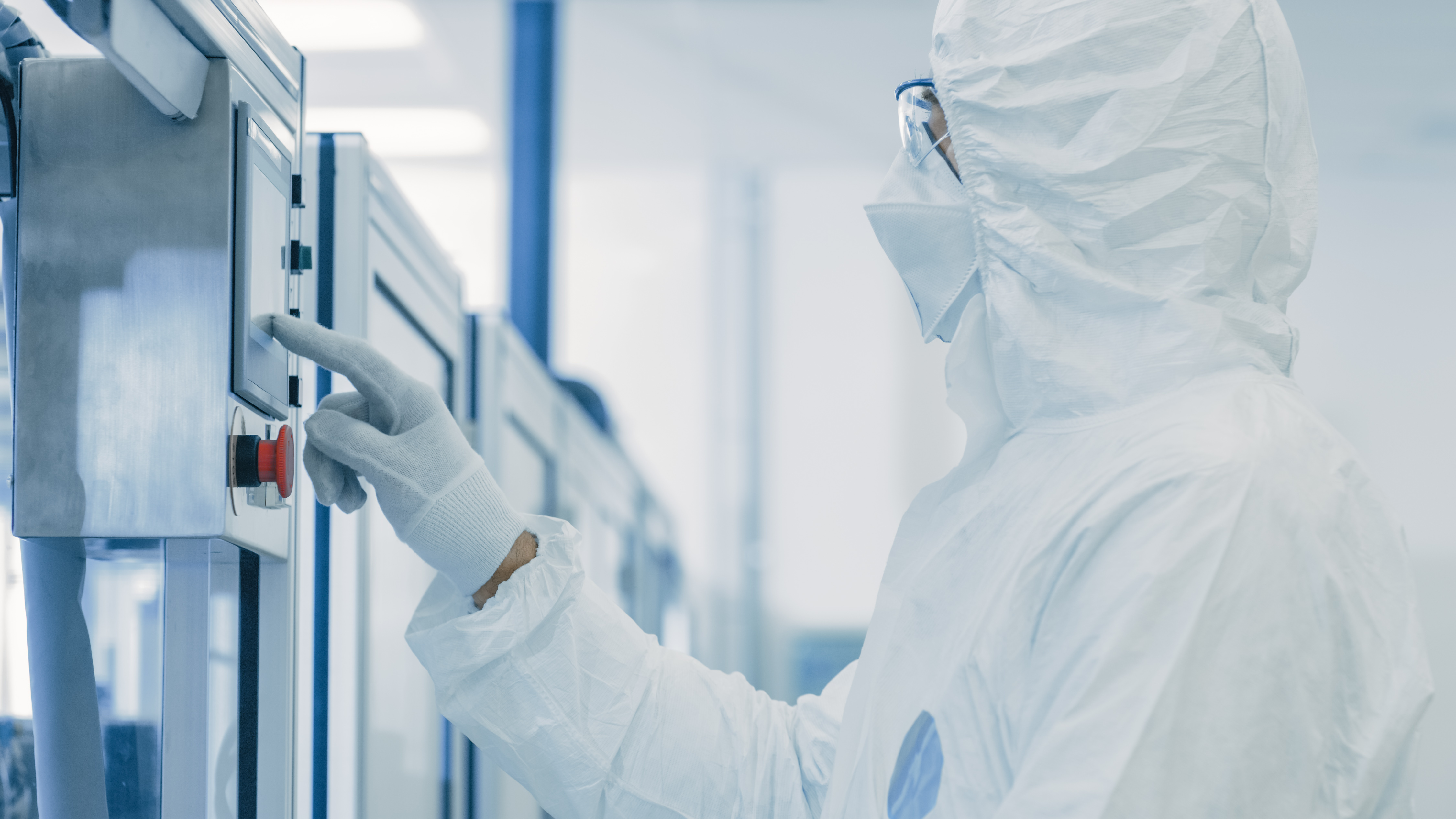
|
|
Genomics Sponsored by Nvidia
Genomic mutations can influence disease risk
The reason why some genetically predisposed individuals may or may not develop a disease is rooted in mutations throughout the genome, according to a new study published in Nature Communications on August 20. The researchers explained how this information can be used to improve disease risk estimations in the clinic.
|
|

|
|
Immunology Sponsored by Beckman Coulter
HiFiBio submits IND for SARS-CoV-2 treatment
HiFiBio Therapeutics has submitted an investigational new drug (IND) application with the U.S. Food and Drug Administration for novel SARS-CoV-2 neutralizing antibodies for the treatment of COVID-19 patients.
|
|
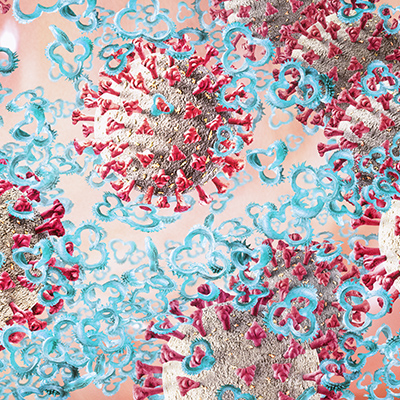
|
Cytokines may prevent COVID-19 patients from producing the 'best' antibodies
High levels of some cytokines associated with COVID-19 could prevent long-term antibody responses to the SARS-CoV-2 virus, according to a new study published in Cell on August 19. The findings could explain why immunity to the novel coronavirus does not last long among individuals after they recover from the disease.
|
|

|
Companies work to develop combo mAb, NK cell COVID-19 therapy
A new research project is bringing together universities and pharmaceutical companies to collaborate on the development of a combination of a monoclonal antibody (mAb) and natural killer (NK) cells as a treatment for COVID-19. The efforts are spearheaded by Harbour BioMed and expand on the company's work in using mAb against SARS-CoV-2.
|
|
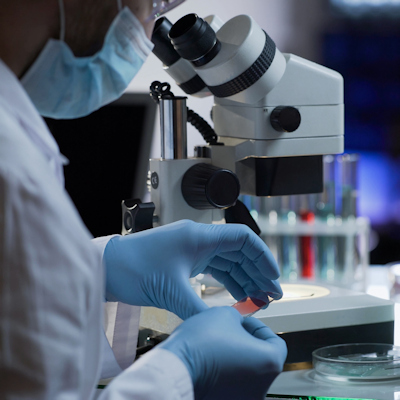
|
|
Proteomics
Bio-Techne, Leica launch RNA probes for COVID-19 research
Bio-Techne and Leica Biosystems have announced the automation of RNAscope COVID-19 probes on Bond Rx, Leica's staining platform, for research use only. This gives researchers the ability to automate COVID-19 research protocols, reduce labor, and speed up turnaround times.
|
|
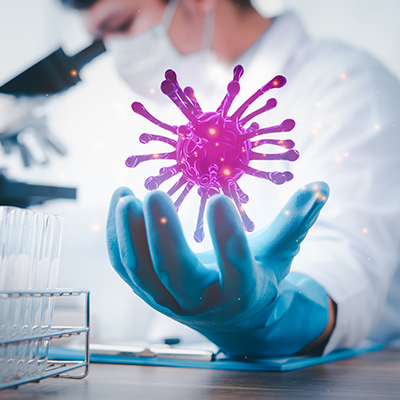
|
|

|
 Insights
Insights
Exclusive content for Science Advisory Board members on trends and outcomes that are influencing the future of scientific research.
|
| |
 Communities
Communities
Interact with an engaged, global community of your peers who come together to discuss their work and opportunities.
|
| |
 Rewards
Rewards
Earn points for contributing to research. Redeem your points for merchandise, travel, or even to help your favorite charity.
|
| |
|
| |
|
| |
|
Dear Science Advisory Board Member,
The world has been anxiously awaiting the arrival of a vaccine for SARS-CoV-2 in hopes that an effective vaccine will enable society to return to some sense of normalcy.
But it's not as simple as that. The degree to which we'll be able to return to normal depends on a variety of factors, including the effectiveness of a COVID-19 vaccine and what percentage of society gets vaccinated.
These aspects of vaccine development are just as important as the actual development of a vaccine itself -- especially considering the pockets of vaccine skepticism that persist in our society. As we speed closer to regulatory approval, we must break down barriers in the general public so that when the time comes, the COVID-19 vaccines will be effective.
Beyond scientists, professionals in other industries are recognizing the importance of the mechanics of vaccine distribution. Yesterday, the American Society of Health-System Pharmacists issued 10 guidelines for COVID-19 mass vaccination. Among them are minimizing "vaccine hesitancy" and continued research and surveillance of vaccines. As a member of the scientific community, I find these conversations encouraging and I hope they will help us achieve our goal of eradicating SARS-CoV-2.
There are now six vaccines in phase III clinical trials (Oxford/AstraZeneca, Sinovac, Sinopharm (x2), Moderna, and BioNTech/Pfizer). Moderna is close to signing a deal with the European Commission to supply 80 million doses of its messenger RNA vaccine in Europe. AstraZeneca is ramping up manufacturing efforts by expanding its partnership with Catalent.
These developments occur as our basic understanding of the SARS-CoV-2 virus continues to grow. Using advanced flow cytometry, one group determined that a specialized subset of natural killer cells are directly tied to COVID-19 severity. Meanwhile, the virus may stop the adaptive immune system from producing the long-term protective antibodies in lymph organs.
In other news, the European Society for Medical Oncology released its first recommendations for the use of large multigene next-generation sequencing (NGS) panels for four advanced cancers. As an example of how NGS has advanced the cancer research field, scientists are developing new ways to predict disease risk based on polygenic background in addition to monogenic risk variants.
These examples signify how the biomedical field is rapidly harnessing new technologies in basic and clinical research.
 Samantha Black, PhD
Samantha Black, PhD
The Science Advisory Board Editor
editor@scienceboard.net
|
| |
|
| |
|
|
|
Members of The Science Advisory Board receive ViewPoints each and every time they share their opinions in one of our studies.
ViewPoints can be redeemed for a wide variety of gifts in our catalog.
Log in
to the site now and see how many ViewPoints you have earned!
|
| |
|
|
This email was sent by:
The Science Advisory Board |
If you would like to stop receiving emails from us, please click here to unsubscribe.
|
|

|
|
| |
|
|
|
| |
|